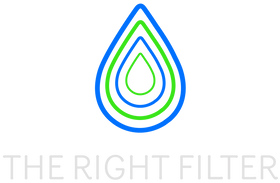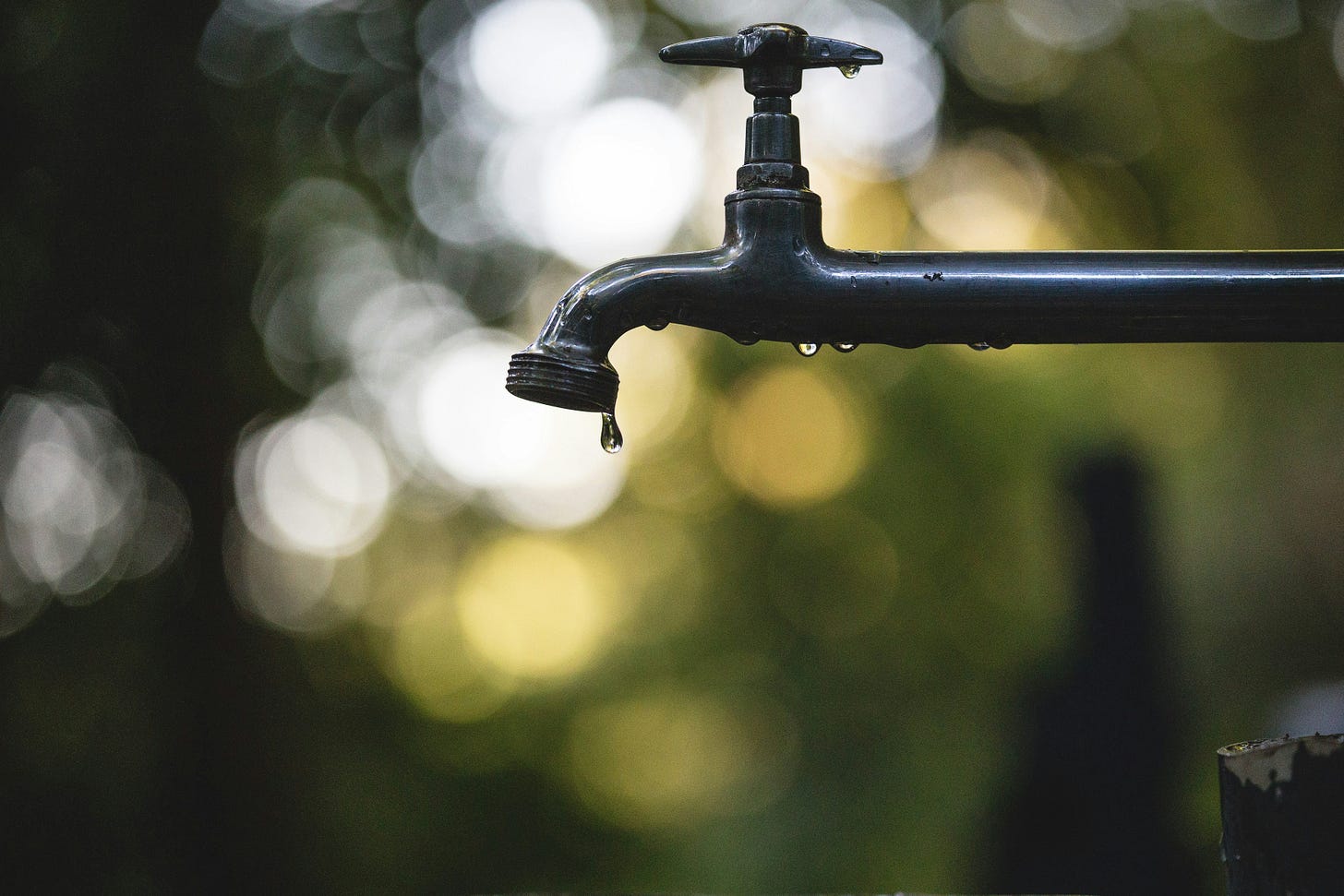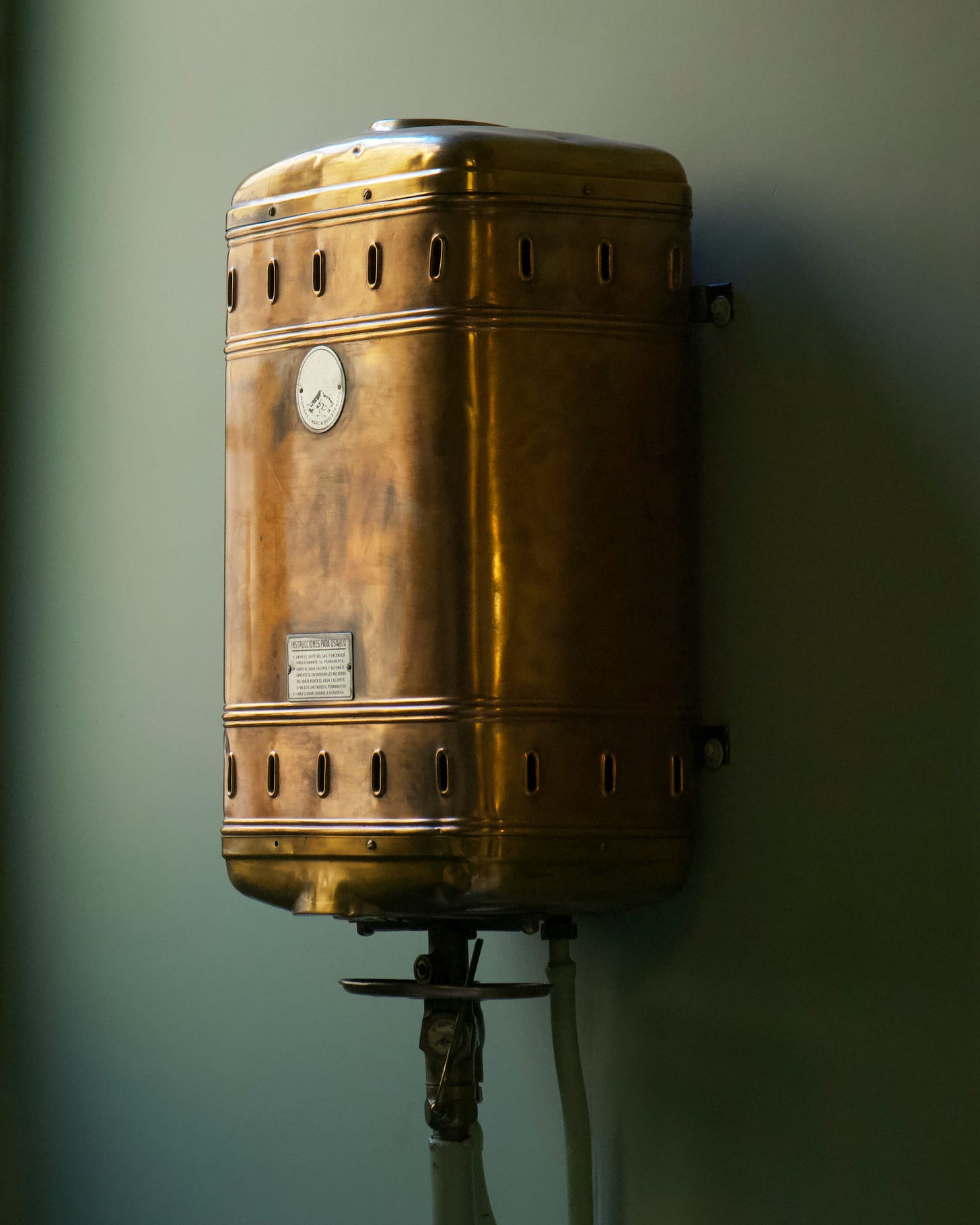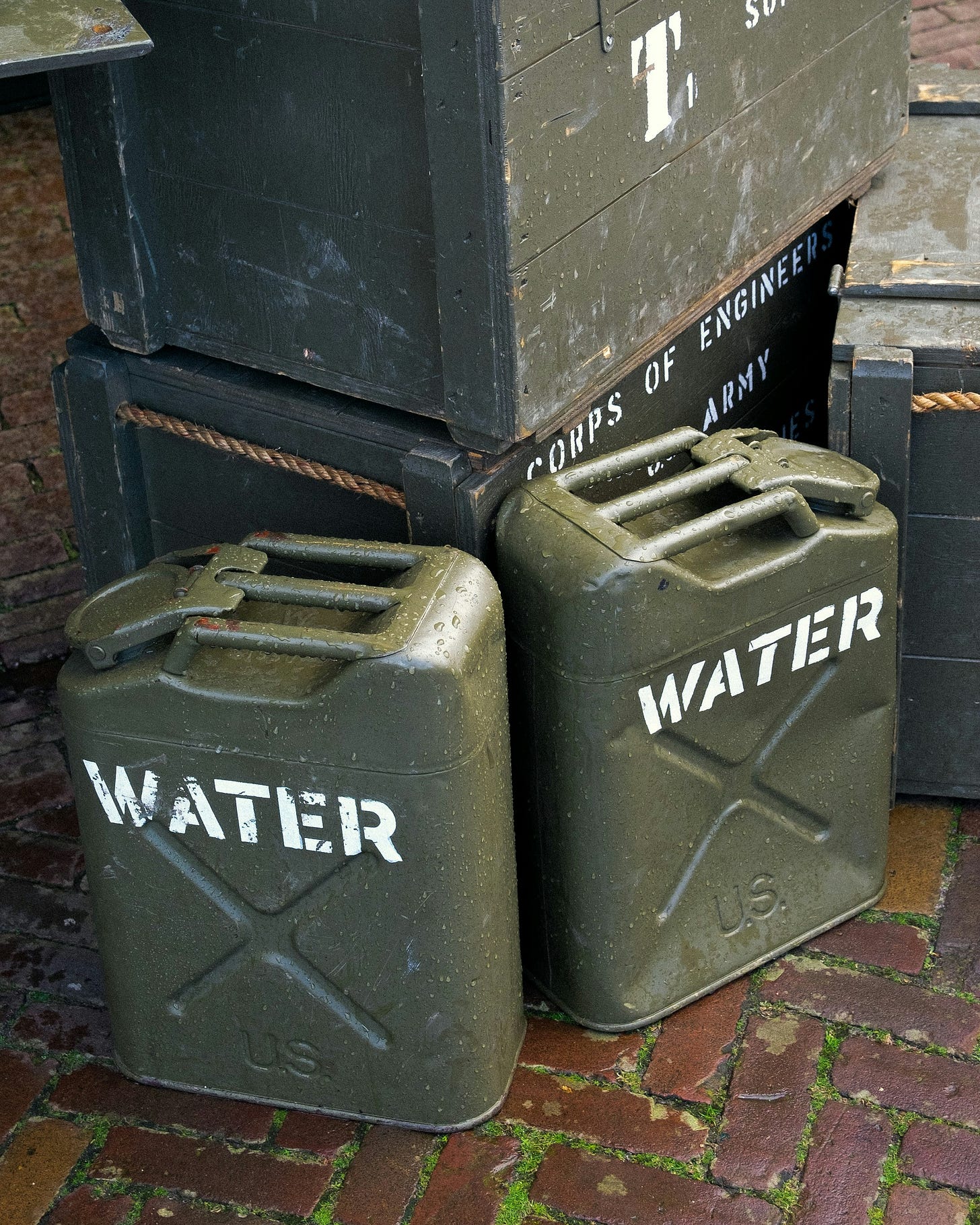Ever wonder who’s really behind that sleek water filter you just bought on Insta or TikTok or, god forbid, Facebook Marketplace? The one marketed as “eco-conscious” and “revolutionary”? Turns out, the water filtration industry has spent the last 20 years playing a quiet game of corporate Pac-Man, with giants like A.O. Smith gobbling up plucky direct-to-consumer brands to expand their empires. It’s less about saving the planet and more about cornering the market on your fear of tap water.
Let’s rewind to when Pentair snatched up Pelican Water Systems for $120 million. Pelican had built a cult following with its salt-free systems, promising eco-warriors a way to banish limescale without dumping sodium into the environment. Pentair saw dollar signs in suburbanites tired of scrubbing mineral crust off their showerheads. Overnight, Pelican went from indie darling to a cog in a conglomerate’s machine, but hey, at least your dishwasher stopped spewing chalky residue. But here’s the twist of the knife, Pelican’s template assisted crystallization? Turns out that wasn’t a real thing and Pentair had to discontinue the product before people started suing them.
Not to be outdone, A.O. Smith, the water heater behemoth, dove headfirst into the filtration frenzy in 2016. They dropped $87 million on Aquasana, the under-sink filter brand beloved by health-conscious millennials. The goal? To pivot from selling giant tanks to B2B clients to hawking sleek, overpriced cartridges to yoga moms. On paper, it worked: Aquasana’s D2C savvy boosted A.O. Smith’s water treatment revenue by 20% in two years. But talk to a plumber in Queens, and you’ll hear a different story. One grumbled about Aquasana’s “Claryum Direct Connect” system clogging faster than a toddler’s sippy cup. “Rated for 784 gallons? Might as well sell me a filter made of tissue paper,” he said. Turns out, budget prices and bold contaminant claims don’t always add up to quality, especially when your parent company’s real expertise is in appliances the size of a minivan.
Meanwhile, over in the land of faucet filters, Helen of Troy (no, not the face that launched a thousand ships, but the conglomerate that owns Oxo and Hydro Flask) snatched PUR from Procter & Gamble in 2012 for $170 million. PUR had been losing the pitcher wars to Brita so Helen of Troy promised a comeback: sleek rebranding, aggressive e-commerce pushes, and ads featuring suspiciously hydrated influencers. But despite the glow-up, PUR still trails Brita. Maybe because no amount of marketing can erase the memory of that time your PUR pitcher sprouted mold after three days.
And let’s not forget ZeroWater, the underdog famous for its hyper-sensitive TDS meters that convince you your tap water is basically sewage. In 2014, ZeroWater got scooped up by Vollara, a subsidiary of Lifestyle Pure Water, which sounds less like a company and more like a cult that sells kombucha. The plan was to merge ZeroWater’s ion-exchange magic with Vollara’s air purifiers, creating a one-stop shop for people who want their water *and* air to taste like nothing. It’s a noble goal, but good luck explaining to your spouse why the “holistic home solution” costs more than your car payment.
So why are these giants hoovering up D2C brands like a Roomba at a glitter convention? Simple: cutting out the middleman. No more begging Home Depot for shelf space or splitting profits with Amazon. Want to sell a $300 salt-free softener directly to paranoid homeowners? Just buy Pelican. Need to slap your logo on a pitcher that claims to filter out “99% of bad vibes”? Acquire PUR. It’s all about control and profit margins thicker than the scum on a neglected shower door.
But here’s the catch: consumers aren’t stupid. They notice when their favorite “indie” brand suddenly starts peddling generic replacement cartridges that expire faster than a Groupon. They side-eye PUR’s plastic-y new designs or Aquasana’s mysteriously shrinking capacity. And when innovation stalls, trust evaporates faster than a puddle in Phoenix.
The bottom line? This consolidation wave isn’t slowing down. Startups like Hydroviv and LifeStraw are already in the crosshairs, their D2C hustle ripe for acquisition. Sure, big corps promise “synergy” and “global distribution,” but what you’re really getting is a water filter designed by committee, sold by algorithms, and shipped from a warehouse that also stocks off-brand toaster ovens.
So next time you see an ad for a “revolutionary” filtration system, remember: it’s probably just Pelican in a Pentair suit. Or Aquasana, now with 50% more corporate jargon. But hey, at least your water’s clean-ish.




